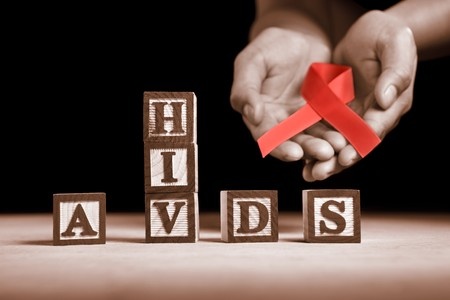Metro Manila accounts for nearly half of new HIV-AIDS cases
MANILA, Philippines – A total of 393 new cases of infection with HIV, the virus that causes the incurable and often fatal acquired immune deficiency syndrome or AIDS, were reported in April, according to the Department of Health.
The department’s National Epidemiology Center said in a report that 28 of the new HIV cases were already full-blown AIDS and that seven of them died in April.
The new HIV cases brought to 1,825 the total number reported from January to April this year, and to 18,341 for the 30-year period from 1984 to 2014.
The Philippine HIV— human immunodeficiency virus—and AIDS Registry showed that the bulk of the new HIV cases were reported in Metro Manila (40 percent), Central Visayas (17 percent), Southern Tagalog (13 percent), Central Luzon (8 percent), and the Davao region (3 percent).
Ninety-six percent of the cases were males, 59 percent of them belonging to the 20-29 age group.
Of the 393 new cases, 361 were contracted through unprotected sex while 52 were contracted through needle-sharing among injecting drug users.
Ninety-three of the cases were still asymptomatic at the time of reporting, said the DOH.
Article continues after this advertisementAlso from January to April this year, there were a total of 44 deaths reported among people with HIV, all of them males.
Article continues after this advertisementLast month alone, seven deaths were reported.
During the past 30 years, there were 981 reported deaths among Filipinos with HIV. Eighty-one percent, or 794 were males.
“In total, there were 116 deaths among those with ages between 15 and 24 and 25 deaths among children,” the DOH said.
Having HIV could lead to a condition characterized by the weakening or breakdown of the body’s immune system.
As part of its intensified campaign against HIV-AIDS, the health department’s National Capital Region office said it was “flooding” massage parlors, nightclubs and KTV bars, among other establishments, with free condoms and information flyers that promote safe sex.
Some legislators, meanwhile, are pushing to amend Republic Act No. 8504, also known as the Philippine AIDS Prevention and Control Act of 1998, with House Bill No. 3243.
Under the proposed measure, a person 15 years old and above may avail himself or herself of HIV testing and counseling options. In its present form, RA 8504 requires individuals below 18 to obtain the written consent of their parents or legal guardian before they can avail themselves of HIV testing services.
RELATED STORIES
DOH urged to declare ‘national emergency’ over HIV spread
